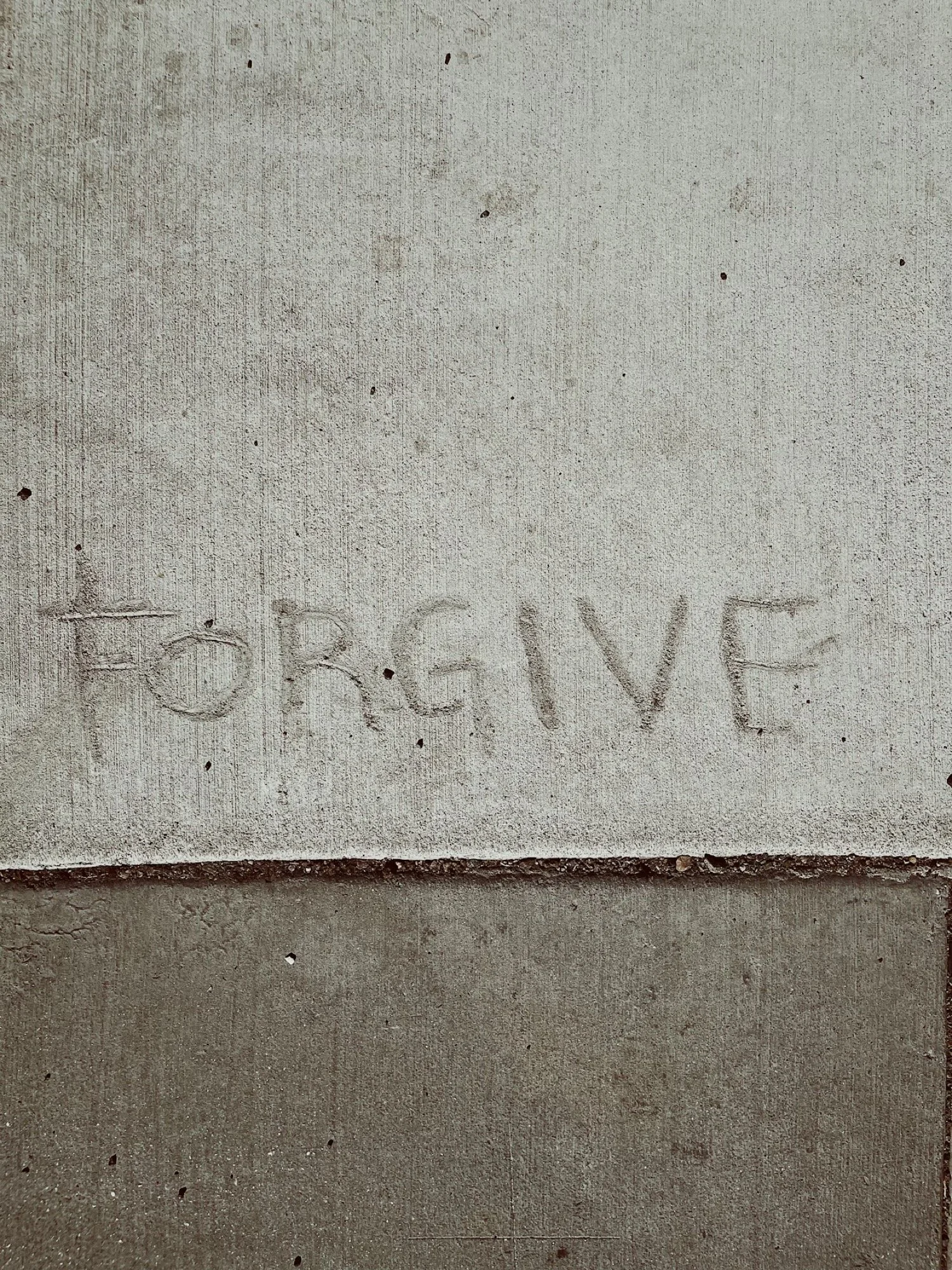Readings for today: Proverbs 27-29
Satisfaction is the key to freedom. Contentment is the key to peace. Those who spend their days always looking for more will never have enough. This is true on many levels. Wealth. Possessions. Success. Accolades. Position. Power. As soon as we reach a particular level, we start looking at the level above us. Several years ago, I ran across some research that sought to define what it meant to be rich. The research was based on polling data in the United States. By and large, when people were asked what it meant to be rich, they typically would define it as somewhere in the neighborhood of making twice as much money as they did at the time. If they could just double their salary, then they would be rich. This measure seemed to hold true all the way up to those making around five million a year. Once you got to that threshold, then you would agree that you were already rich. The main takeaway from the article wasn’t the identification of a number at which point people could be declared “rich” as much as pointing out that most people tend to compare themselves to those who have more not less. They tend to look at what they don’t have rather than what they do have. They tend to focus on their lack rather than their abundance and it leads to dissatisfaction. I think this applies in many areas of life not just our finances.
In the book of Proverbs, Solomon writes, “Sheol and Abaddon are never satisfied, and people’s eyes are never satisfied.” (Proverbs 27:20 CSB) Clearly, dissatisfaction is an issue that transcends culture. It’s not just something we struggle with here in 21st century America though the consumerism that is rampant in our culture surely doesn’t help. It’s something human beings have struggled with since the beginning. And just like death itself is never satisfied, so our eyes are always wandering. Always looking for more. Always wanting more. Always desiring more. I’ve been all around the world and I’ve seen this dynamic play out. It cuts across all economic and social classes. And it creates all kinds of problems in our world. The disparities between rich and poor. The powerful and the powerless. The “in” crowd and the “out” crowd. These inequalities lead to all kinds of conflict and even violence in some places. But even if one is able to overthrow a social order, it only gets replaced with one reinforcing the same dynamics. There’s not a single human system - political, social, or economic - that has ever solved this riddle.
So what’s the answer? Christ. Only Jesus can truly satisfy. Only Jesus can truly set us free from our sinful wants and desires. As we fix our eyes on Christ, we find ourselves desiring more of Him. And as we desire more of Him, the things of this world fade into the background. Their hold on us begins to diminish. As the old hymn says, “Turn your eyes upon Jesus and the things of this earth grow strangely dim in the light of His glory and grace.”
Readings for tomorrow: Ecclesiastes 1-6




